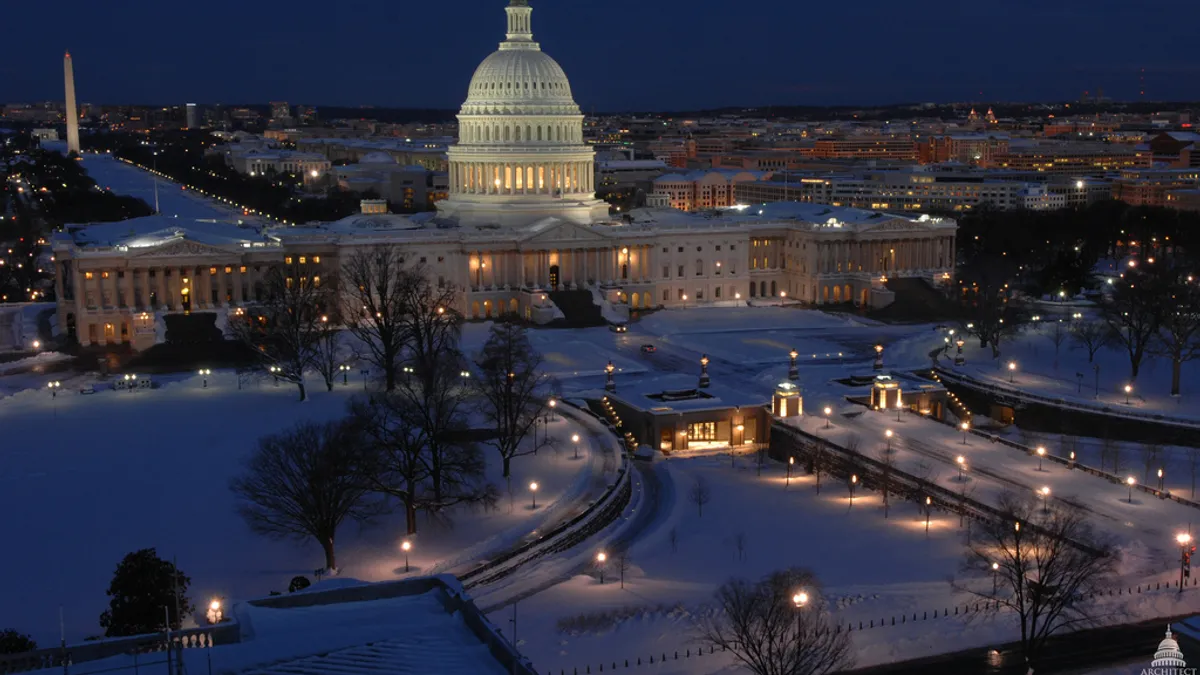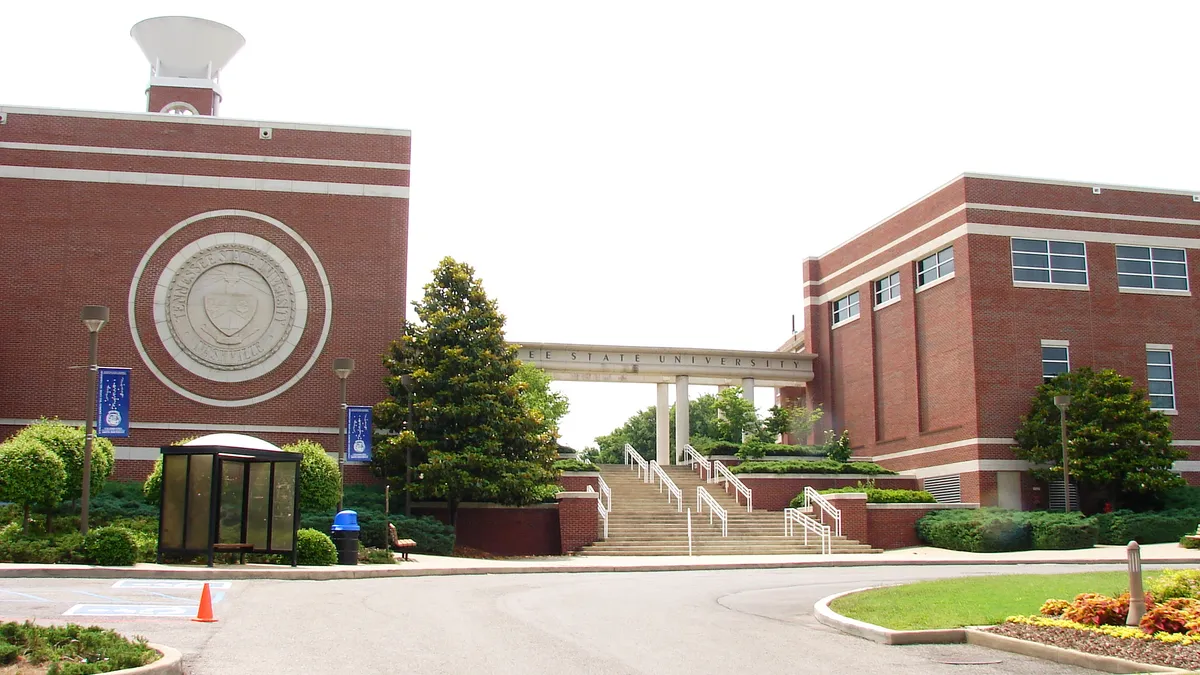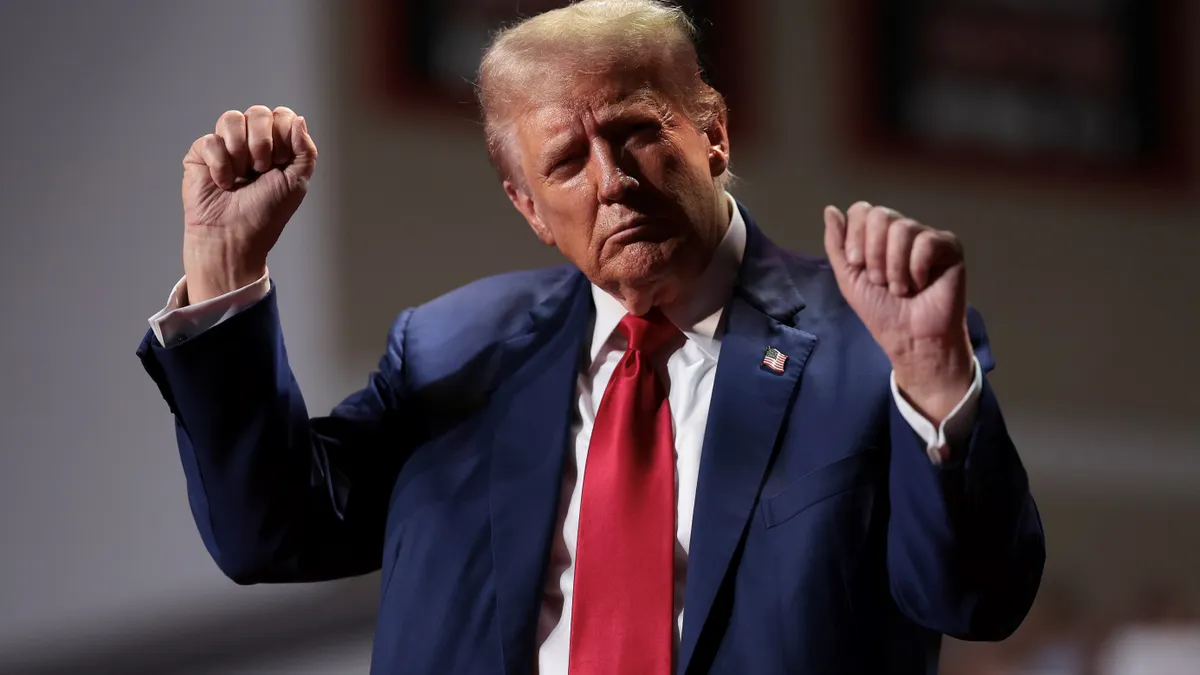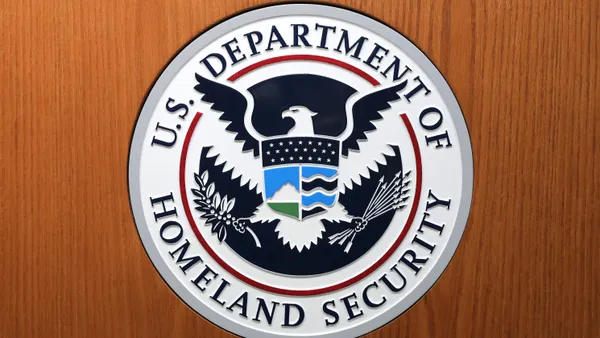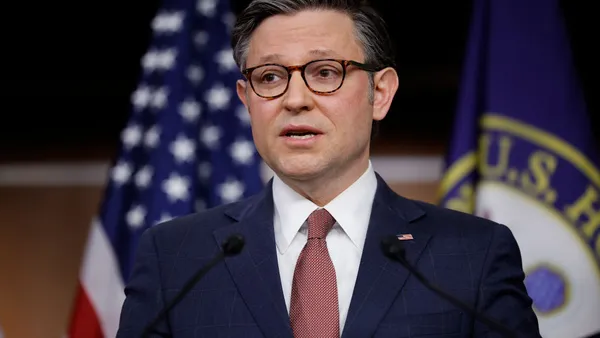Dive Brief:
- The current political climate has divided some leaders in higher education over the appropriate levels of engagement for a college president.
- During a panel hosted by The Atlantic at its "Higher Education at a Crossroads" event Wednesday in DC, California Community Colleges Chancellor Eloy Oakley said he believes stakeholders expect leaders to speak up in a responsible, nonpartisan way to communicate the institutional values.
- Washington College President Sheila Bair said presidents should only weigh in on issues that directly impact the college, and not wade into other political waters.
Dive Insight:
Much of the conversation surrounding free speech on campus has focused around the rights of students, or the protections for invited speakers on campus, but very little conversation is had around the limitations of administrators, board members and even deans and faculty as it relates to political or social issues on campus. In some cases, silence on an issue could be more damning than taking a stance, and leaders must carefully navigate the middle ground between appropriate advocacy and maintaining relationships critical for the sustenance of the institution.
Board members and presidents must work together on a policy that is clear-cut, considerate of internal and external stakeholders and respectful of the first amendment rights of all individuals on campus. Prudent leaders understand that institutions don't have permanent friends or enemies, but do have permanent interests that the president and other campus leaders are responsible for representing. But great care must paid to considering the response of stakeholders to any potential stance taken, and the impact any resulting attention could have on giving and recruitment.


